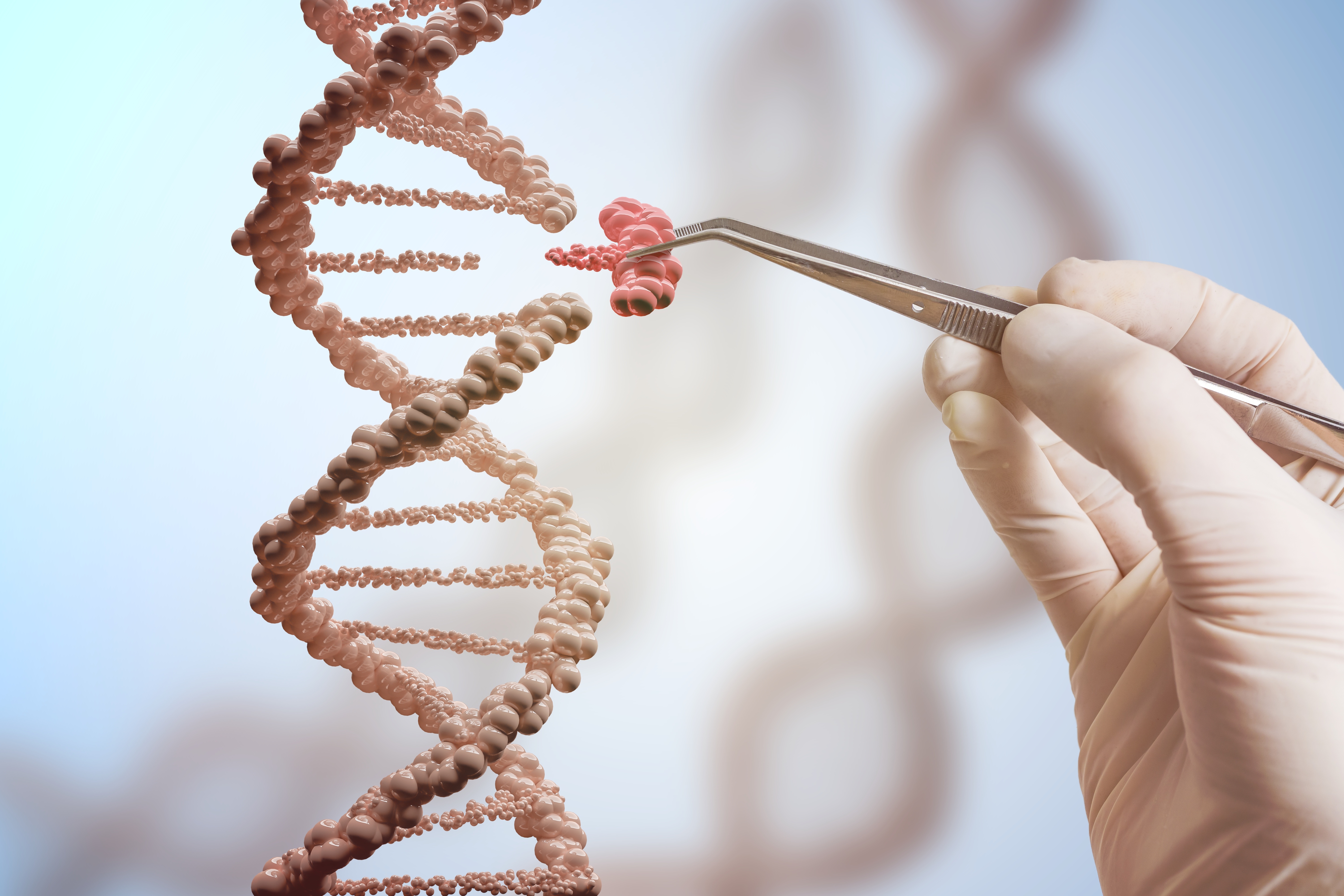The key to curing cancer may be hidden within the genetic differences between humans and dogs. According to scientists working with the National Institutes of Health, dogs get the same diseases that we do, and they have many of the same genes that we do, too. However, in the last 200 years, the way dogs look, and the genes responsible for those looks, have been exploited significantly.
It’s through these exploits that Elaine Ostrander, a senior geneticist with the NIH, believes we may find the key to curing cancer. That’s because the exploits make it easier to study genes in dogs than in humans, Ostrander explained to 60 Minutes host Anderson Cooper.

“There was some variation,” Ostrander noted when Cooper asked about dogs being more similar to humans over 200 years ago. “We know that from fossil and archaeologic records, but almost all the variation you see running around in– in the rings today, that’s all happened in the last 200 years.” The variation that she’s discussing is also the variation driving the hunt for a key to curing cancer.
For example, some breeds of dogs tend to get certain types of cancer more, and that allows scientists to target the genes in those dog breeds. This could make finding a key to curing cancer much easier, especially if they focus on the different mutations.
The idea that we could be getting closer and closer to a proper cancer treatment is exciting. While chemotherapy has shown some success in the past, it wreaks havoc on the body. So, finding a key to curing cancer that doesn’t require debilitating treatment is something that many are excited about.
Other cancer-killing viruses and even cancer-killing patches have popped up recently, too, but it’s never anything that has actually moved to the point of being readily available to help people. If we can tackle this at a genetic level, though, it could revolutionize the fight against cancer completely.








